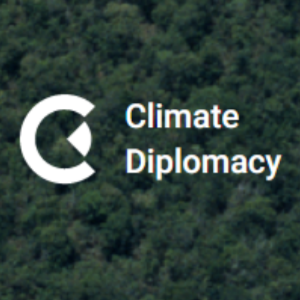
Environmental Rights: Threats to Activists in Brazil
Environmental defenders in Brazil are at risk — last year, 57 were assassinated and the numbers are increasing.

Environmental defenders in Brazil are at risk — last year, 57 were assassinated and the numbers are increasing.

A caravan of about 1,600 hungry and tired Honduran immigrants crossed into Guatemala on Monday with the hopes of making it to the United States.
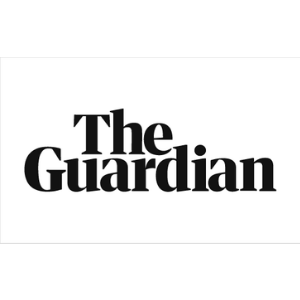
Francine Farias had just completed a census of her tumbledown favela on the outskirts of one of the world’s most violent citieswhen she heard a volley of gunfire and her count was rendered suddenly out of date.
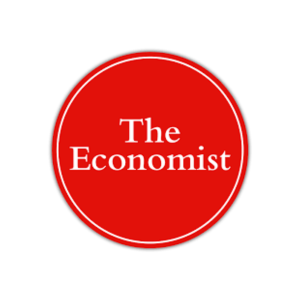
“IT’S going to be crazy tonight,” sighs Craven Engel, a pastor in Hanover Park, a township on the fringes of Cape Town.

From the crowded markets of Dakar and Karachi to the informal settlements of Addis Ababa and Rio de Janeiro, urban technology seems to be thriving everywhere
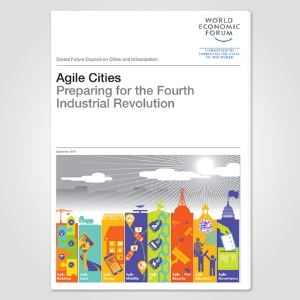
By merging the biological, physical and digital worlds, the Fourth Industrial Revolution is transforming the way people live. The
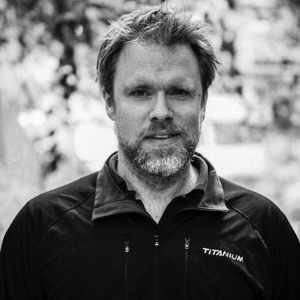
General Antonio Hamilton Mourao would be Brazil’s vice president.
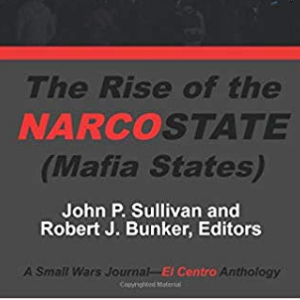
This book is our sixth Small Wars Journal–El Centro anthology, covering writings published between 2016 and 2017.

A dangerous right-wing populist who preys on division and disunity looks to be headed for the presidency

After years of corruption scandals, economic malaise, and deepening political polarization, Brazilians have lost faith in the promise of democracy, and could soon elect a dangerous authoritarian to the presidency.

A surge in migrants has fueled populist backlashes in cities around the world. But urban areas have a key role to play in mitigating the crisis.
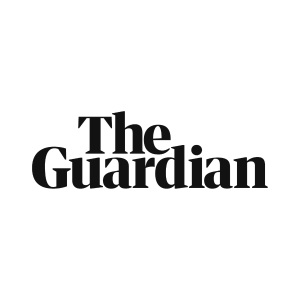
Latin America’s largest democracy suffered a record 63,880 homicides last year and the phenomenon is driving some to support the hardline policies of candidate Jair Bolsonaro

In less than a week, Brazil will vote in the most uncertain presidential elections since its return to democracy in 1985.

More than 2.3 million Venezuelans – roughly 7 percent of the entire population – have fled the country’s political and economic crisis since 2014, the largest human displacement in Latin America’s history.
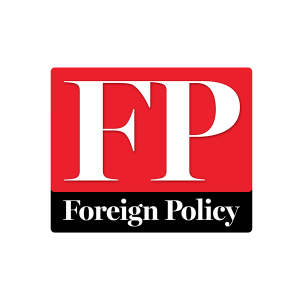
Wars are on the rebound. There are twice as many civil conflicts today, for example, as there were in 2001.

Cristian Sabino was sitting on a plastic chair by this beach resort’s central market when a gunman walked up and shot him five times. As the 22-year-old dropped to the ground, the assailant fired a final bullet to the head and walked away.

Though I’ve been lucky to have been insulated from gun violence most of my life, it was at the core of the identity of my hometown, Washington, D.C.

Sold from vending machines in Pennsylvania, feed depots in Nevada, pharmacies in Georgia and jewelry stores in Texas, ammunition is in many states easier to buy than cold medicine.

The planet is urbanizing at an unprecedented speed, generating enormous social, economic and climatic stress. If sustainable urbanization is one of the paramount challenges of the 21st century, then Asia is ground zero for determining whether humanity can succeed.

ATT Monitor is a project of Control Arms. The project was launched in January 2015 with the support of the governments of Austria, Australia, Ireland, Netherlands, Norway, and Trinidad and Tobago.

On this edition of “Deep South” Ilona Szabo de Carvalho, Executive Director of Instituto Igarapé, discusses security concerns and upcoming elections in Brazil.

n one of the most lawless corners of Brazil, the former paratrooper and leading presidential candidate Jair Bolsonaro is finding a receptive audience for his hardline stance on law and order.

Mali experienced a rare glimmer of stability this month. Although voter turnout was dampened by security fears, the country pulled off the second round of a presidential election on Aug. 12.

Canada recently became the second country — and the first Group of Seven country — to legalize marijuana for adults.
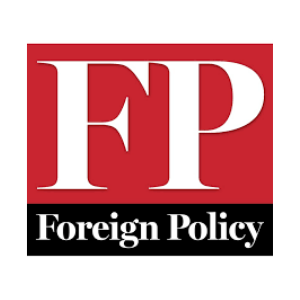
BANGUI, Central African Republic—To locals, he is known simply as “Force.” The moniker is appropriate. In a country teeming with warlords—feared and admired in equal parts

This ugly tale of domestic abuse is related from various angles by the security cameras in a residential block in Paraná, southern Brazil.

Homicide rates in Mexico and Brazil are climbing even further. Yet Britain could learn from listening to debates in Latin America

Data show a 3% increase of people killed in 2017 from the previous year; rapes also rose 8% to 60,018

Démocraties fatiguées 3|6. La montée de l’autoritarisme est inquiétante, mais les libertés continuent leur marche en avant. Sans excès de confiance, battons-nous pour elles, estiment les chercheurs Steven Pinker et Robert Muggah.

A shadow hangs over Toronto after Sunday’s shooting on the Danforth. The recent killing spree follows on the heels of a vehicle attack on Yonge Street this spring and a raft of shootings, including one with small children in the crossfire last month.

O Instituto Igarapé utiliza cookies e outras tecnologias semelhantes para melhorar a sua experiência, de acordo com a nossa Política de Privacidade e nossos Termos de Uso e, ao continuar navegando, você concorda com essas condições.

